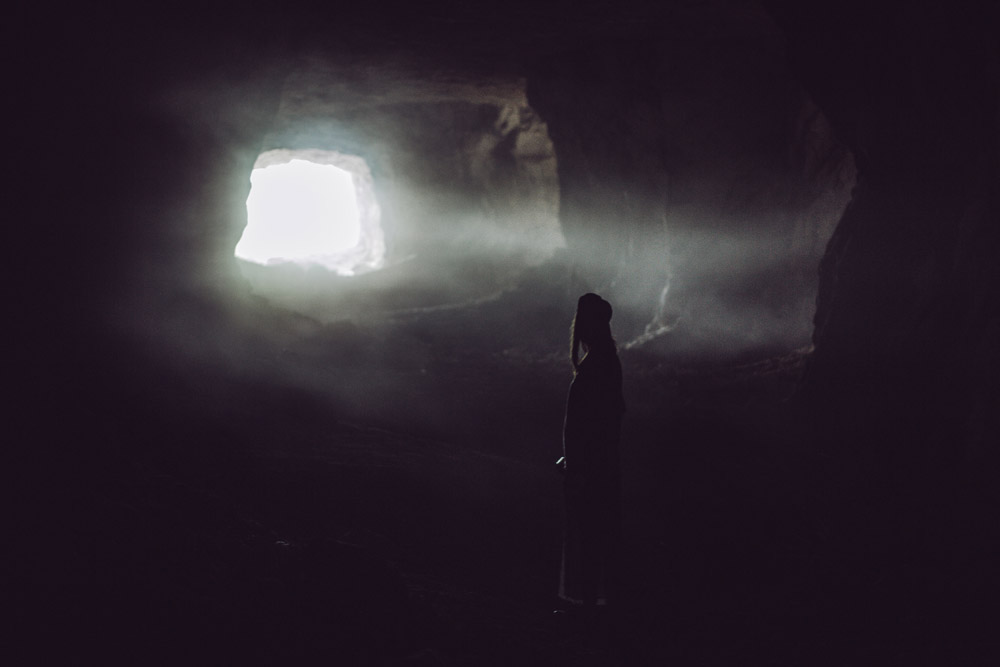Note: the following article on Mary Shelley’s “The Mortal Immortal” is a modified excerpt (pp. 74-76) from my doctoral dissertation, “Time is Everything with Him”: The Concept of the Eternal Now in Nineteenth-Century Gothic, which is available for free from the repository of the Tampere University Press. For a list of my other academic publications, presentations, etc. feel free to visit the main Home for Fiction website and the relevant page there.
In Mary Shelley’s “The Mortal Immortal”, the sociocultural as much as existential aspects of immortality play a central part, as the title emphasizes.
In the story, one of the students of Cornelius Agrippa gets his inexperienced hands on his master’s elixir of eternal life. It is interesting to note that Agrippa is one of the masters whom Victor Frankenstein studies during his attempt to create his monster. Winzy, the young apprentice, unwisely unleashes a curse of similar proportionsWinze means curse (OED, “winze, n.2”), a very relevant name for the main character of this story. upon himself.
He witnesses his young wife becoming old while he remains the same, with the abnormal situation having terrible repercussions, as he assumes the role of the caregiver, while she becomes jealous and grumpy.
Much like in Frankenstein, the kind of immortality offered in “The Mortal Immortal” is a fake one. The source of anguish for Winzy (and of course the reader) arises from the unsolvable conflict between past and future, between life and death.


